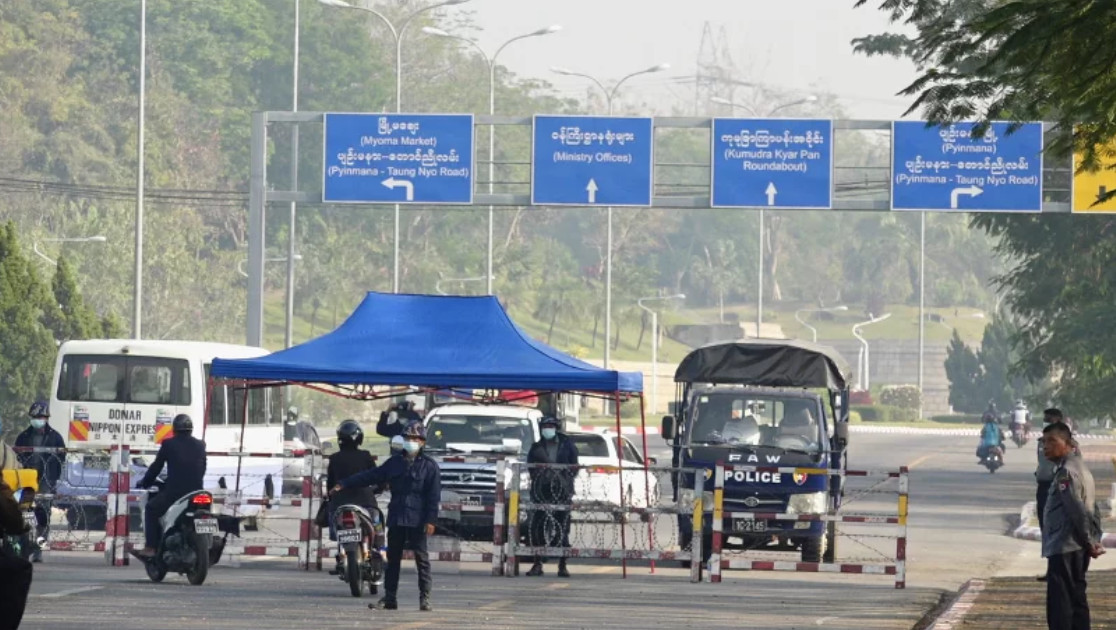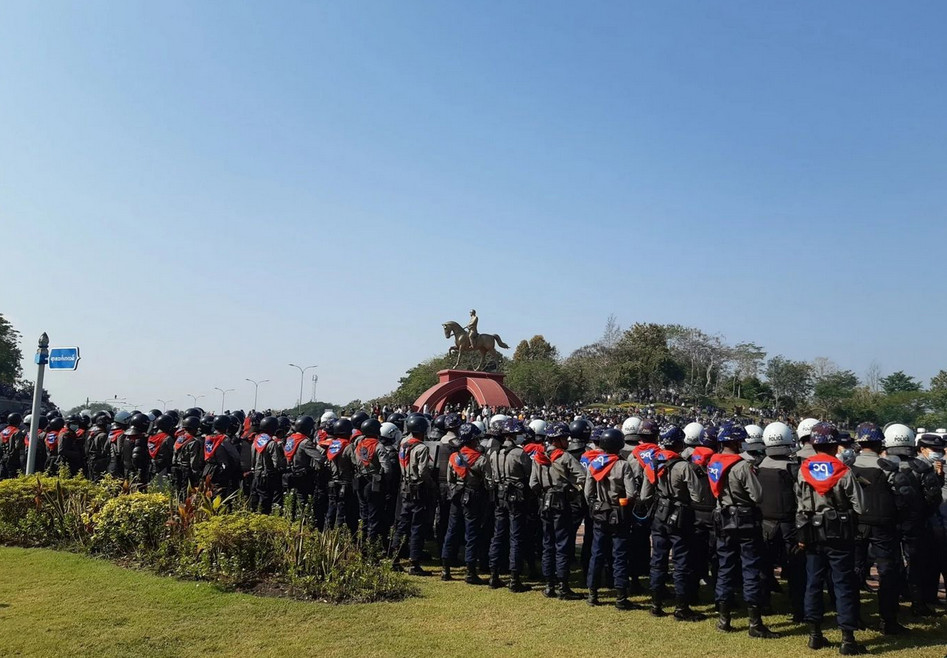
Enforcement and Removal Operations (ERO) is a division within the U.S.
Immigration and Customs Enforcement (ICE) agency responsible for enforcing immigration laws and carrying out removal proceedings. Here are key aspects and considerations regarding Enforcement and Removal Operations:










Mission: The primary mission of ERO is to identify, arrest, detain, and remove individuals who are in violation of U.S. immigration laws, including those who are subject to deportation or removal orders issued by immigration judges.
Target Populations: ERO focuses on targeting specific populations for enforcement actions, including individuals who have entered the country unlawfully, violated the terms of their visas, committed crimes, or have final orders of removal.
Investigations and Enforcement Actions: ERO conducts investigations to locate and apprehend individuals who are subject to removal. This may involve surveillance, interviews, collaboration with other law enforcement agencies, and coordination with foreign governments.
Detention and Custody: ERO is responsible for managing the detention and custody of individuals who are arrested for immigration violations. This includes operating detention facilities, coordinating transportation for detainees, and ensuring compliance with legal standards for detention conditions.
Removal Proceedings: ERO oversees the process of removal proceedings, which may include scheduling and conducting hearings before immigration judges, coordinating with legal representatives, and executing removal orders issued by the immigration courts.
Voluntary Departure and Alternatives to Detention: In some cases, individuals may be offered voluntary departure as an alternative to formal removal proceedings. Additionally, ERO may utilize alternatives to detention programs, such as electronic monitoring or supervised release, for certain low-risk individuals.
Priority Enforcement: ERO prioritizes enforcement actions based on factors such as public safety, national security, and compliance with immigration laws. Priority is often given to individuals who pose a threat to public safety or have criminal convictions.
Collaboration and Partnerships: ERO collaborates with other federal, state, and local law enforcement agencies, as well as international partners, to enhance immigration enforcement efforts and address cross-border migration challenges.
Community Outreach and Engagement: ERO engages in community outreach initiatives to provide information about immigration laws, rights, and resources. This may include outreach to immigrant communities, advocacy organizations, and legal service providers.
Oversight and Accountability: ERO operations are subject to oversight and accountability mechanisms to ensure compliance with legal standards, human rights principles, and agency policies. This includes internal reviews, audits, and external monitoring by oversight bodies.
It’s important to note that ERO’s enforcement activities are often subject to debate and controversy, particularly regarding issues such as the treatment of detainees, the use of immigration detention facilities, and the impact of enforcement actions on immigrant communities.

Leave a Reply